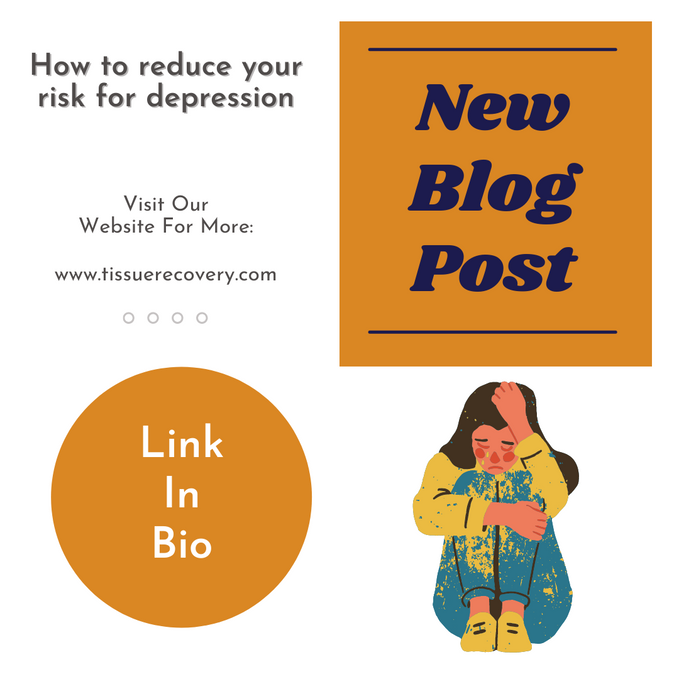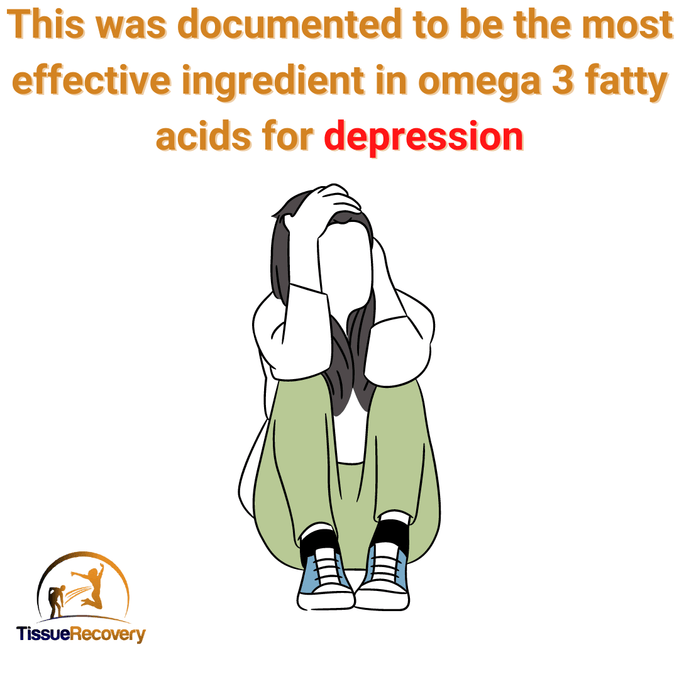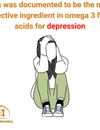No products in the cart.

How to reduce your risk for depression.
Posted by: Didrik Sopler, Ph.D., L.Ac.
In this research eleven studies were reviewed which included 101,950 participants which were between the age of 16 and 72 years old (Tolkien K, et.al., 2019). The researchers found a significant association between a pro-inflammatory diet and increased risk of depression diagnosis or symptoms, when compared to those on an...
Read more

This was documented to be the most effective ingredient in omega 3 fatty acids for depression.
Posted by: Didrik Sopler, Ph.D., L.Ac.
The most well-known fatty acids in omega 3 fats are EPA and DHA, but which one is more effective for depression? Many companies promote DHA as the most effective one, and a lot of formulas only contain DHA. This research may for that reason be a surprise. The researchers...
Read more
Can B Vitamins Affect Your Mood?
Posted by: Didrik Sopler, Ph.D., L.Ac.
You would most likely prefer to feel happy and excited about life and ready to get going to accomplish your goals when you wake up. Do you think almost everybody feels that way? No, that is not the case, because depression is the second leading cause of disability, and it...
Read more
Oxidative stress can affect you psychologically.
Posted by: Didrik Sopler
When patients with major depression were compared with a healthy control group it was found that the patients with depression had a significantly higher level of malondialdehyde (Bajpai A, et al. 2014). Malondialdehyde is a byproduct of lipid peroxidation and is a marker of oxidative stress. Blood levels of nitrite,...
Read more
These specific foods will increase your risk for depression.
Posted by: Didrik Sopler
When 87,618 postmenopausal women were evaluated for depression and 69,954 were rechecked 3 years later, it was found that food with a progressively higher glycemic index was associated with increasing odds of depression (Gangwisch JE, et al. 2015). The glycemic index is a measurement of how high a specific food...
Read more
Showing: 1 -8 of 8





